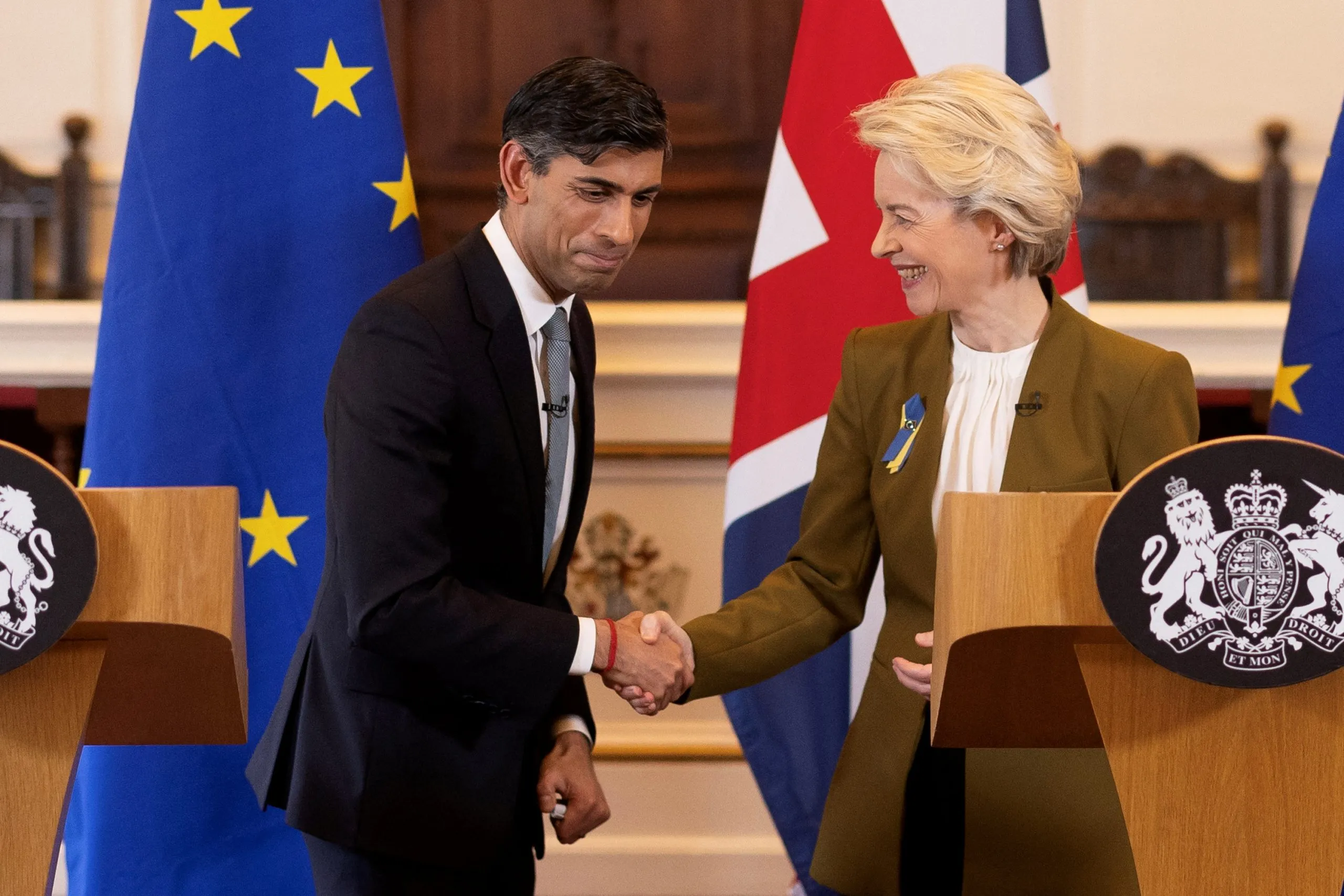Tech
Post Brexit Trade Review and the Slow Rebuilding of Europe Relations

Several years after leaving the European Union, the United Kingdom continues to adjust its trade strategy while addressing the long term consequences of Brexit. Trade volumes, investment flows and regulatory alignment remain central to national economic discussions. The government is now reviewing trade arrangements to identify gaps, modernize agreements and rebuild connections with European partners. The process is gradual, reflecting political sensitivities and the need for economic stability. However, signs of renewed engagement are emerging as both sides recognize the value of cooperation.
The impact of shifting trade barriers
Brexit introduced new trade barriers that affected businesses across the country. Customs checks, regulatory differences and higher administrative costs reduced the efficiency of supply chains that previously operated seamlessly across Europe. Small and medium sized enterprises faced the greatest burden due to limited resources for managing complex documentation. The trade review aims to reduce friction where possible by simplifying processes and improving digital systems. While the complete removal of barriers remains unlikely, any reduction in complexity can support business confidence and improve trade flows.
Rebuilding political trust with European partners
Political relations between the United Kingdom and the European Union have been strained since the withdrawal. However, there is growing recognition that cooperation is essential for stability in areas such as energy, security and trade. Recent diplomatic exchanges show a willingness on both sides to work together more constructively. The trade review includes consultations that consider how to rebuild trust, improve transparency and align strategic interests. Stronger political relationships can ease negotiations and support more predictable economic outcomes.
Adjusting to European regulatory frameworks
Divergence from European regulatory frameworks has created challenges for UK businesses that export to EU markets. Companies must now comply with two sets of rules, increasing operational costs. The trade review is assessing where regulatory alignment may benefit industries such as pharmaceuticals, automotive manufacturing and food production. Alignment does not imply a return to previous arrangements but reflects a practical approach to reducing unnecessary burdens. Simplifying regulations can improve the competitiveness of UK businesses in European markets.
Strengthening trade in services
The United Kingdom has a strong services sector, particularly in finance, consulting and digital technology. Services trade suffered disruptions after Brexit because many agreements focused primarily on goods. The review aims to create new pathways for services access, including improved recognition of professional qualifications and updated digital trade rules. These efforts are essential because services represent a significant share of the UK economy. Better access to European clients supports growth and helps attract international investment.
Modernizing customs and digital trade systems
Modern customs systems are critical for improving efficiency at borders. The United Kingdom is investing in new digital tools that streamline documentation, support real time data exchange and reduce customs delays. These upgrades aim to benefit both exporters and importers by making trade processes faster and more predictable. The move toward digital trade is also aligned with global trends that favour automation and transparent documentation systems. Improved customs infrastructure is a key element of the government’s long term trade strategy.
Exploring sector specific agreements
Instead of broad free trade agreements, policymakers are considering sector specific arrangements that address the needs of particular industries. These agreements can be negotiated more quickly and provide targeted support. Sectors such as pharmaceuticals, green technology and advanced manufacturing are likely candidates for specialized cooperation. Sector agreements help the UK strengthen its competitive advantages while managing political and regulatory complexities. They also create opportunities for innovation driven partnerships with European firms.
The role of businesses in shaping future trade relations
Businesses across the country are playing a major role in informing the trade review. Industry associations, exporters and investors are providing feedback on where challenges remain and where opportunities exist. Their insights help policymakers design realistic and effective trade strategies. Strong business engagement ensures that future agreements reflect operational realities rather than theoretical goals. Collaboration between government and industry will shape the long term direction of UK Europe trade relations.
Moving toward a more stable and cooperative future
The United Kingdom’s post Brexit trade review shows a clear shift toward stability and renewed cooperation. While major political changes are unlikely, practical improvements in trade processes, regulatory alignment and diplomatic engagement can support stronger economic ties with Europe. The slow rebuilding of relations reflects a mutual understanding that collaboration benefits both sides. As the UK modernizes its trade framework, it moves closer to establishing a more balanced and predictable partnership with its largest neighbouring market.






















